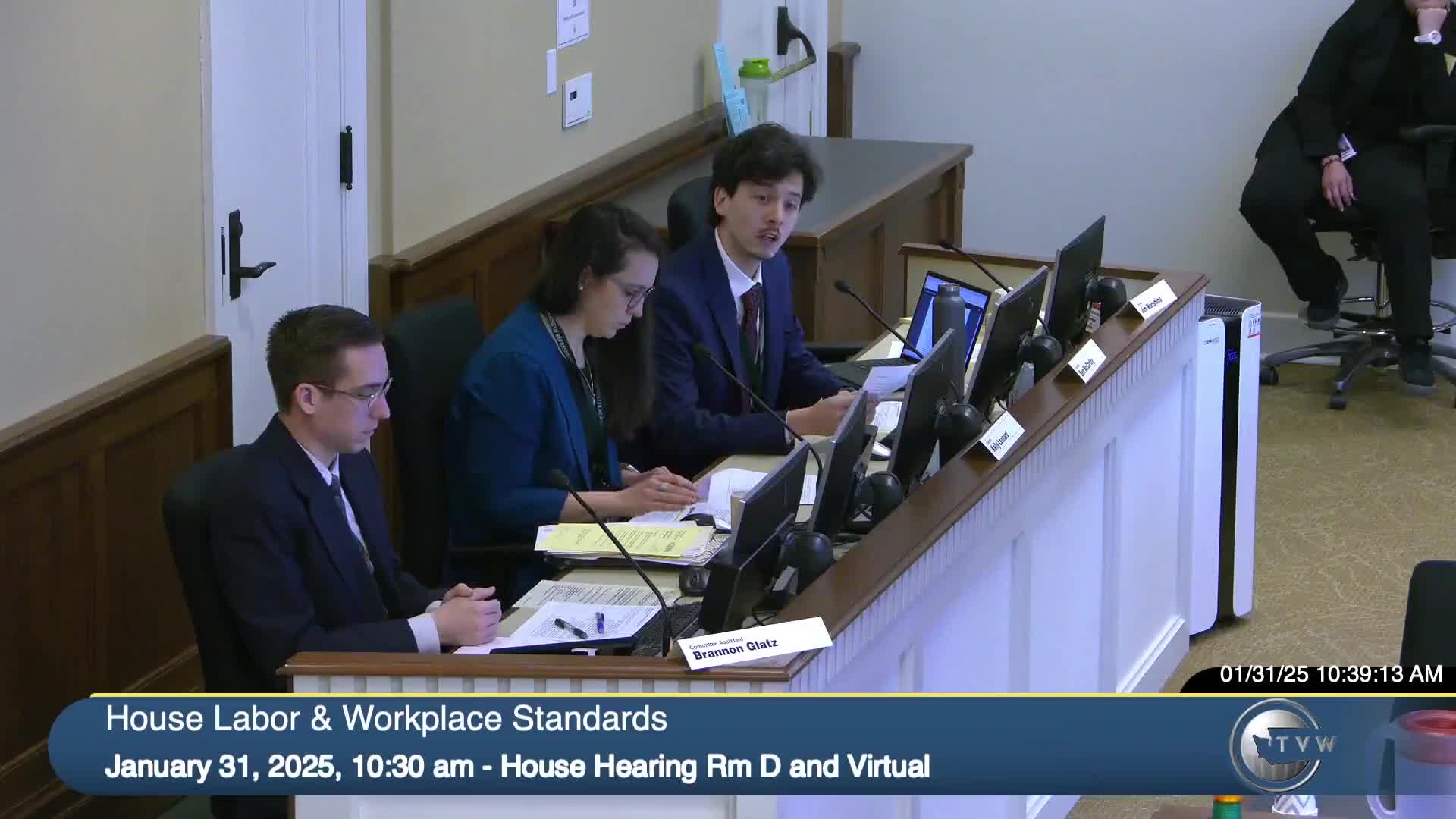Article not found
This article is no longer available. But don't worry—we've gathered other articles that discuss the same topic.
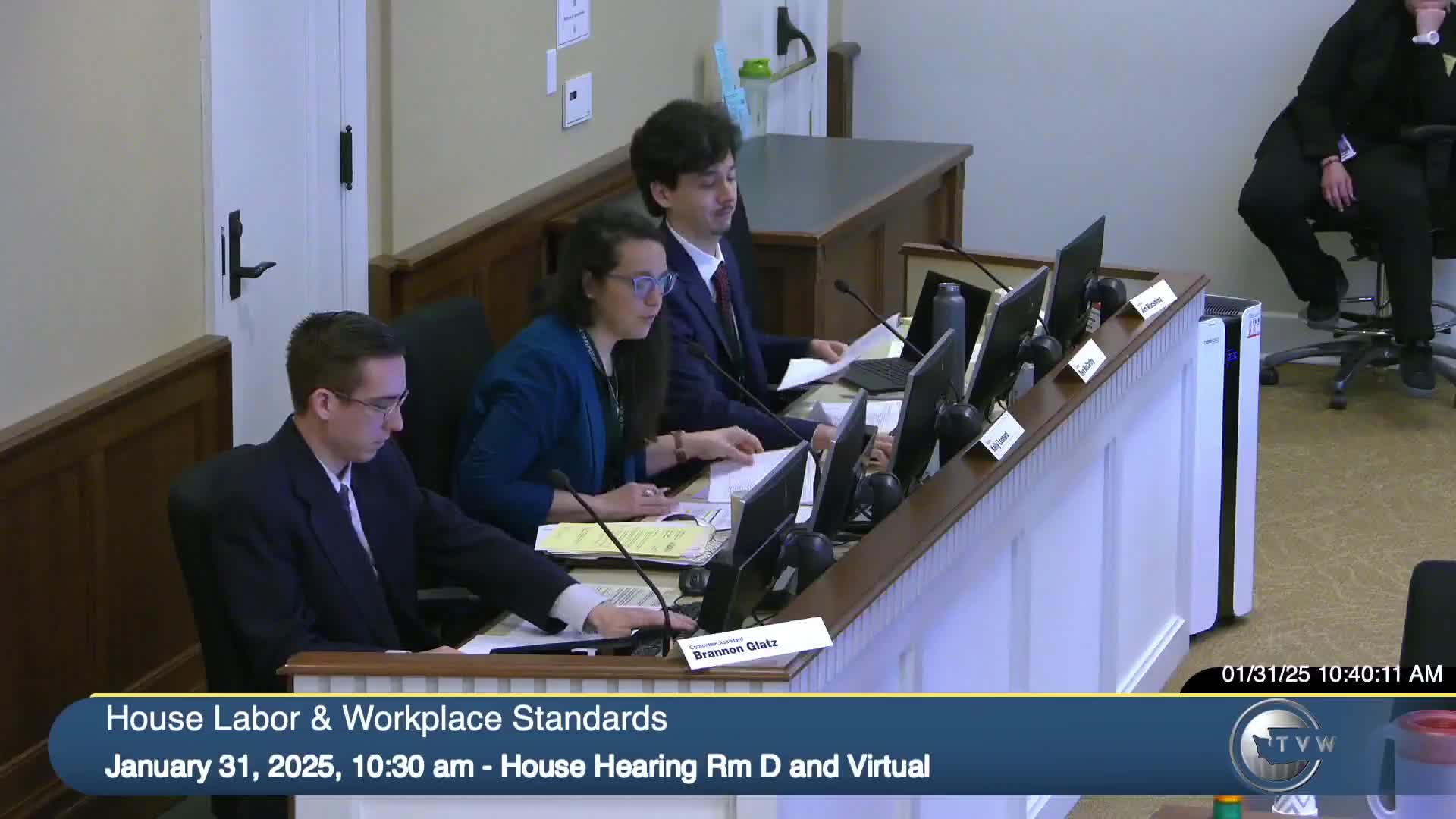
Committee advances proposed substitute on personnel-file access after rejecting several narrowing amendments
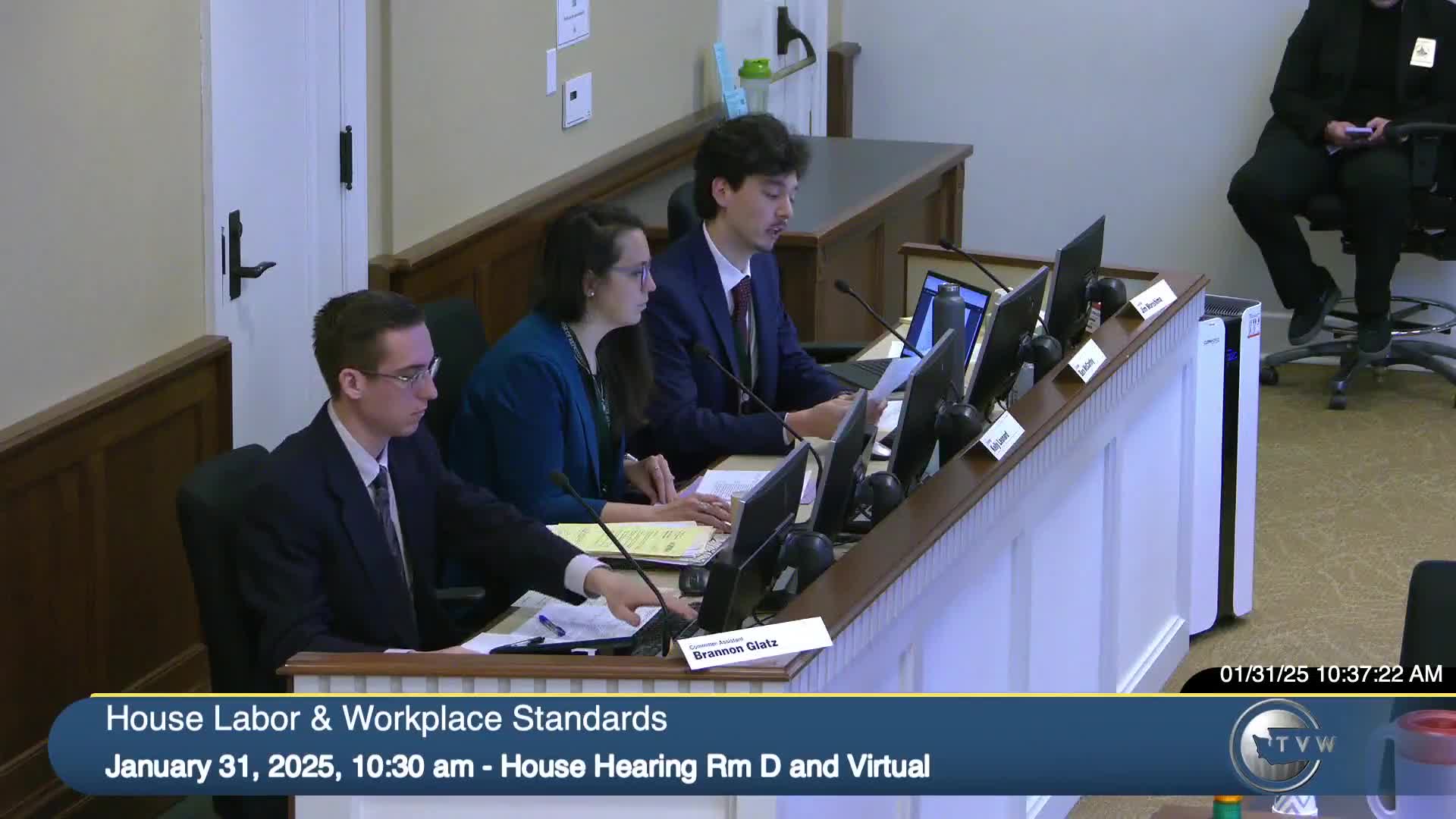
Committee approves substitute advancing PTSD presumption for correctional facility workers after expanding worker definitions
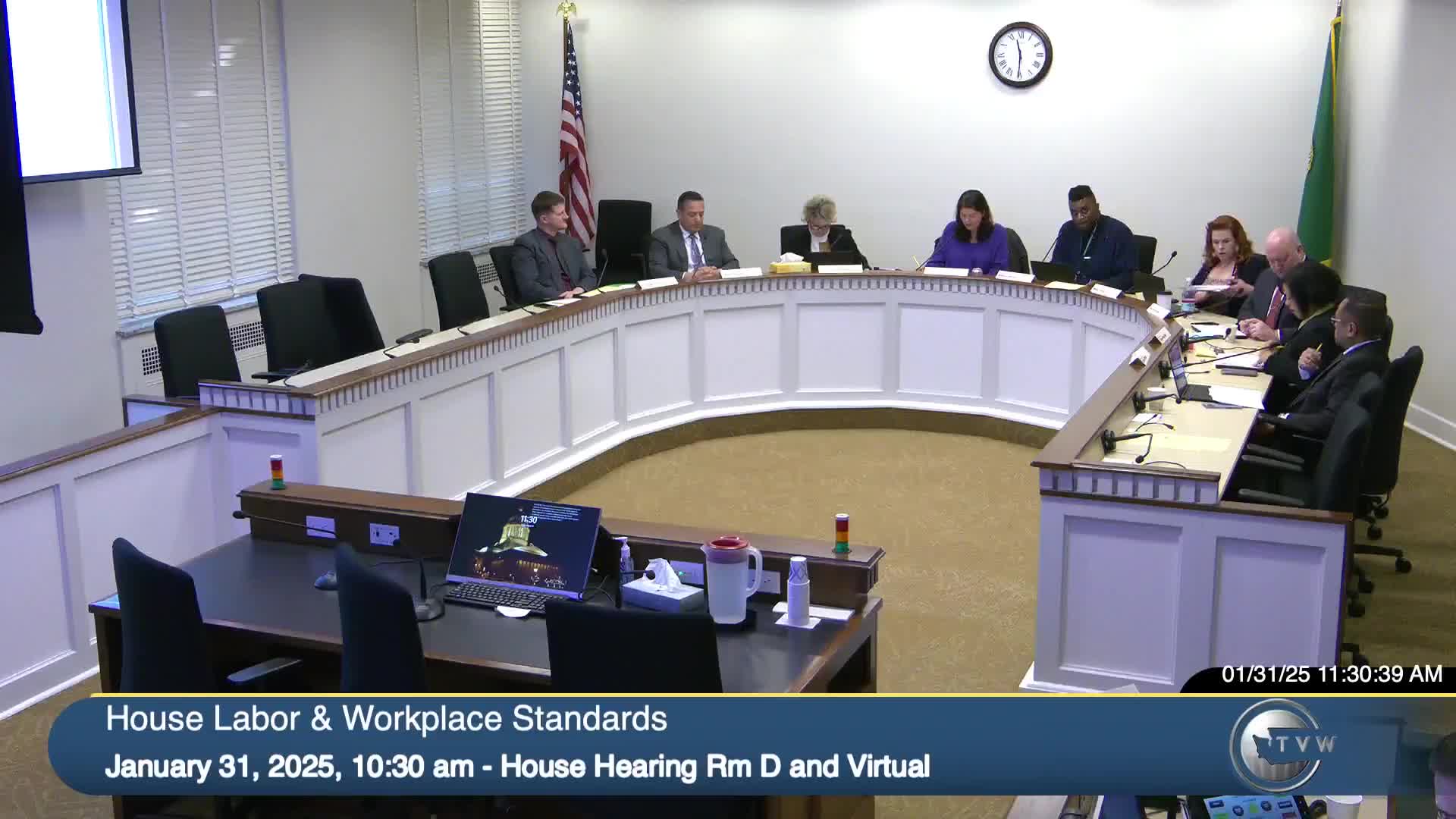
Committee advances bill recognizing PTSD as occupational disease for coroners, medical examiners
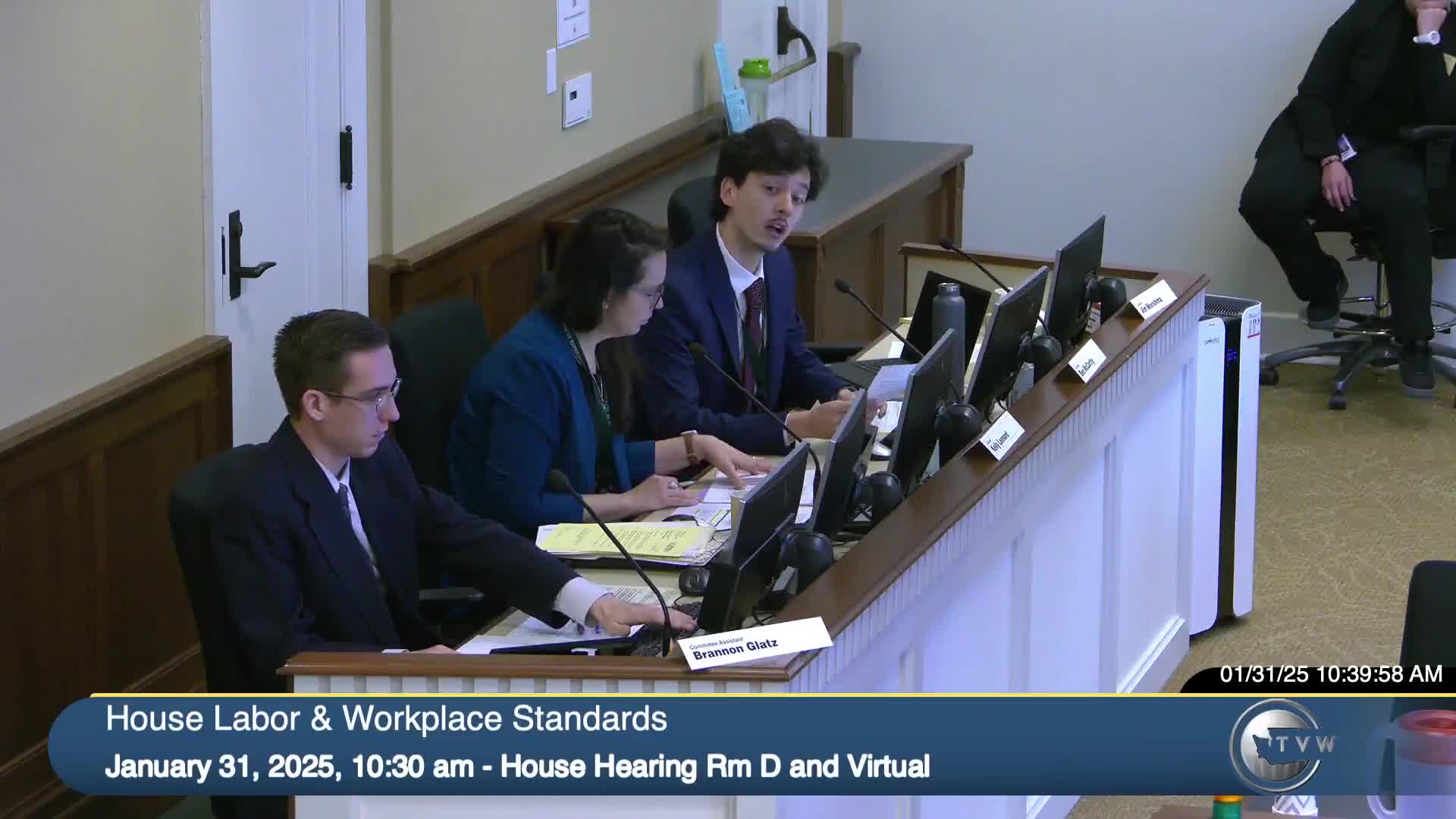
Committee advances bill tightening OFM salary-survey requirements for ferry employees
